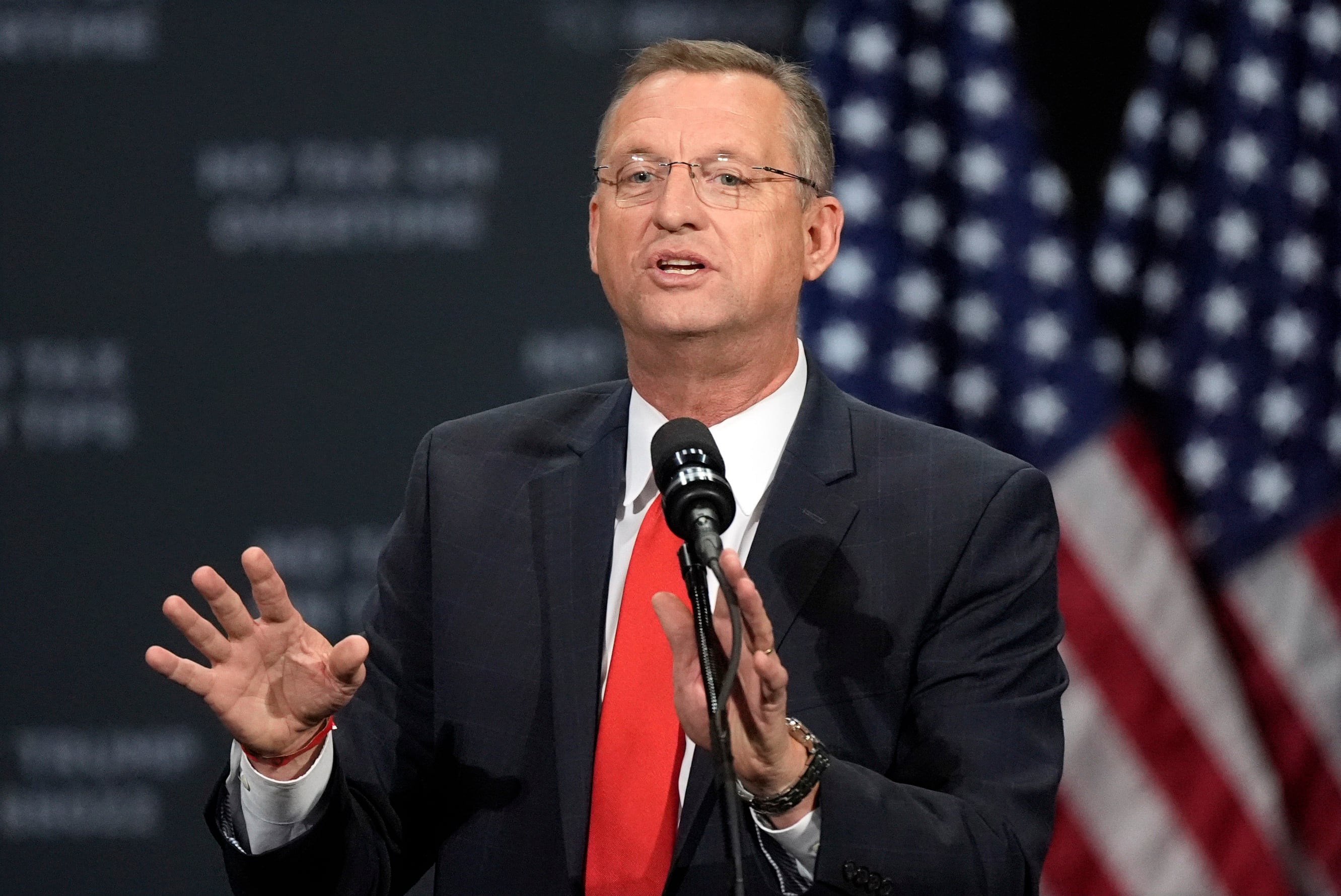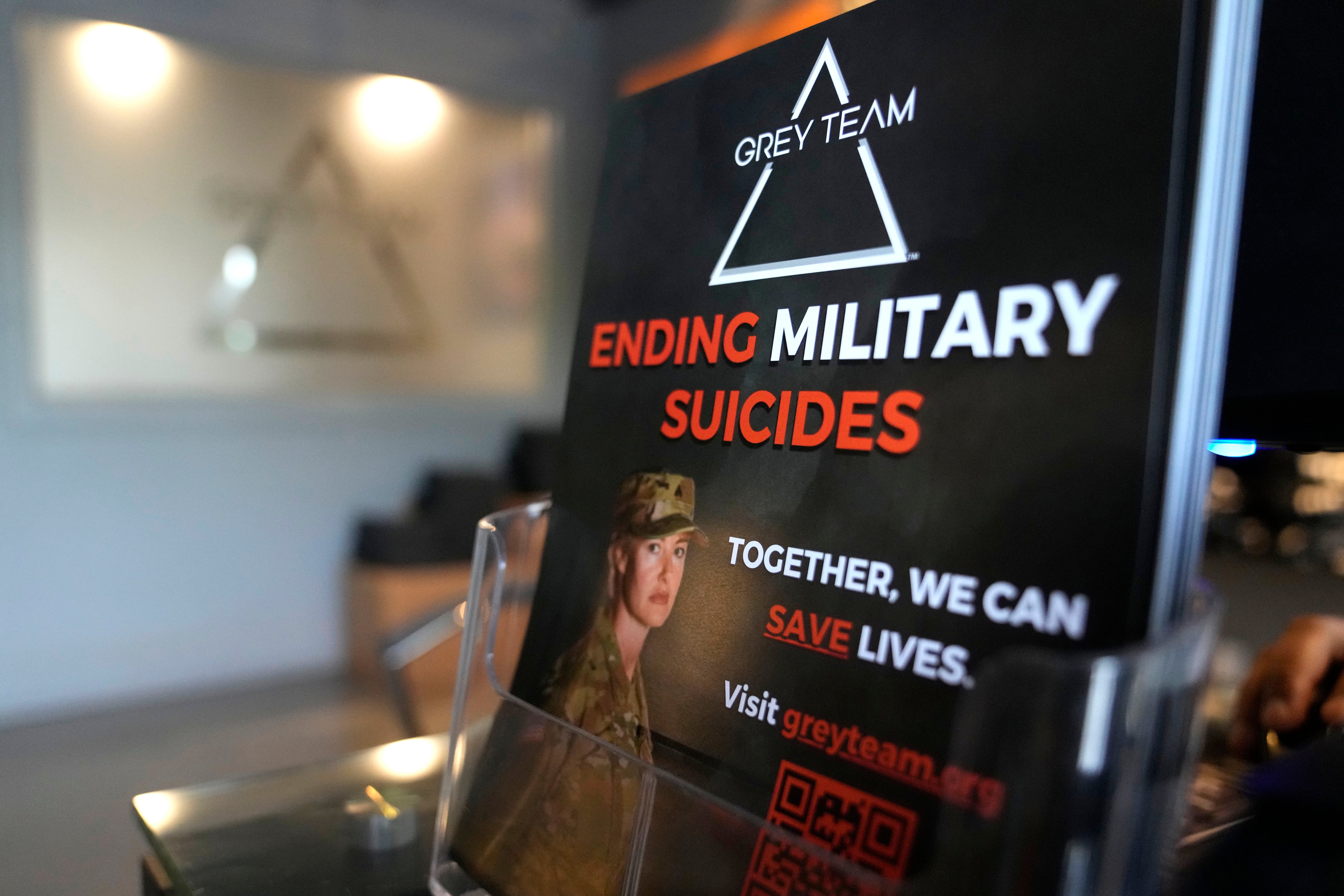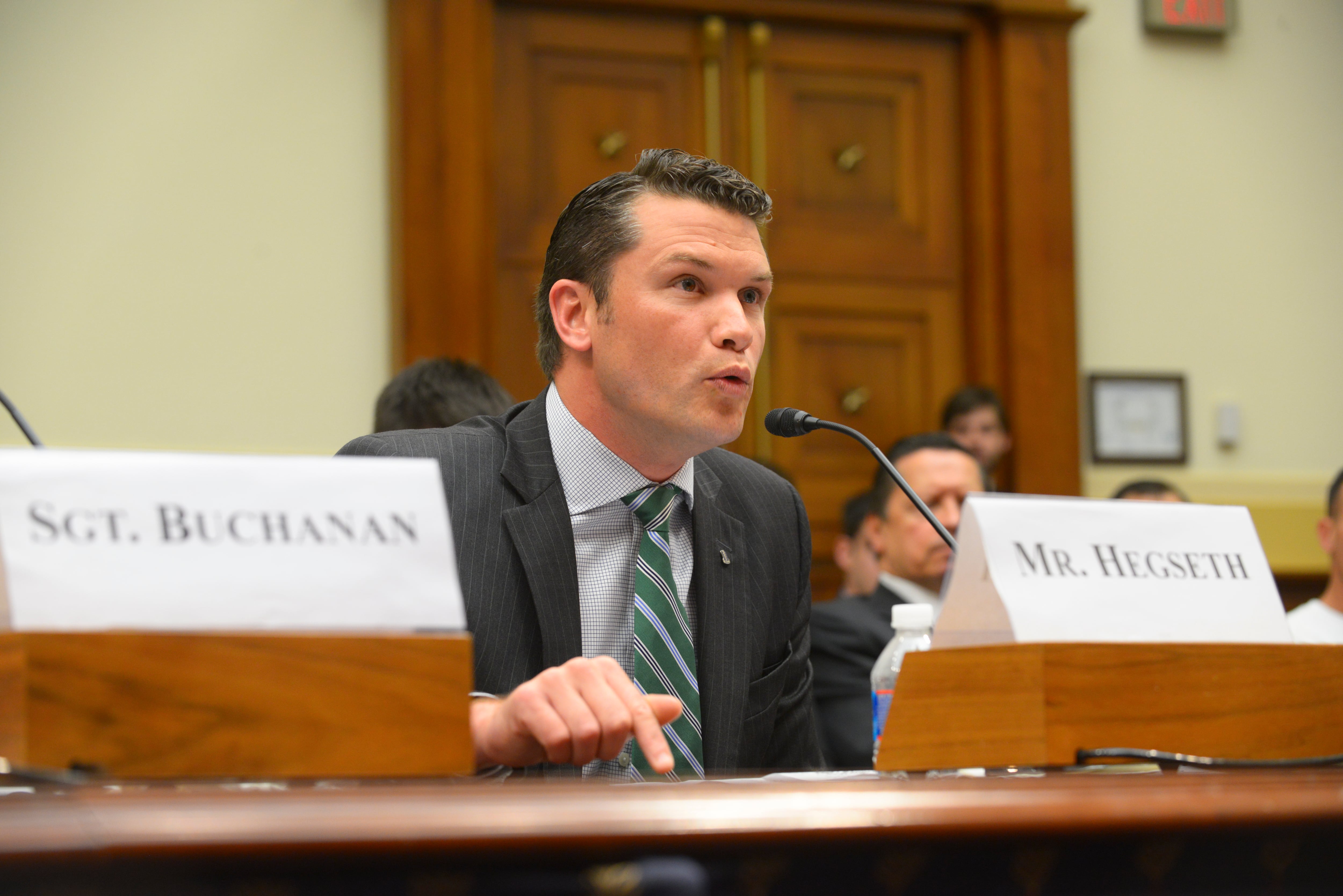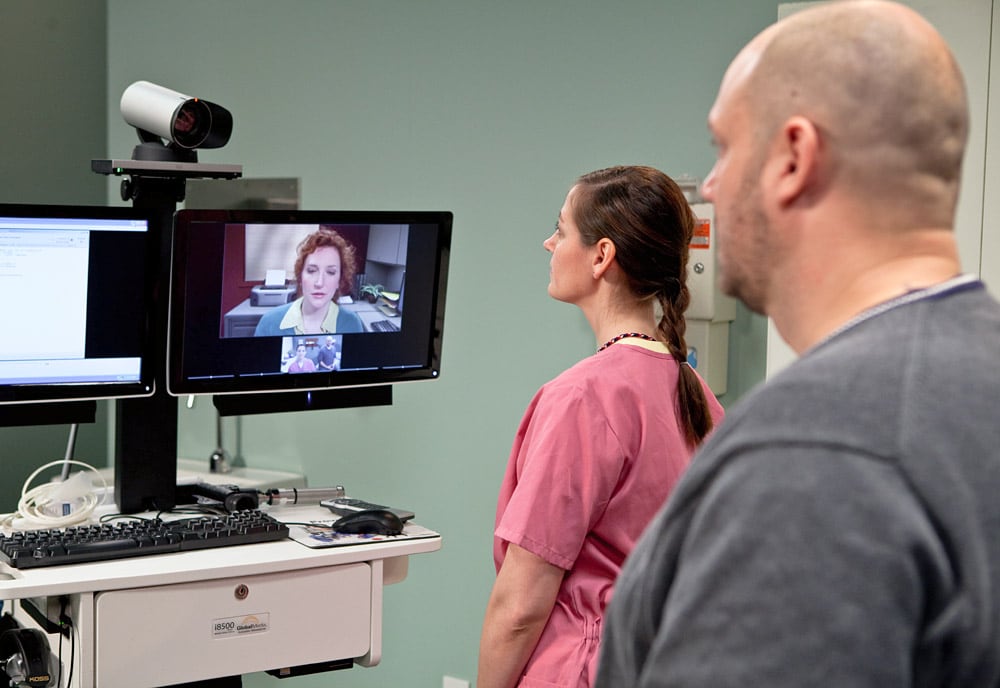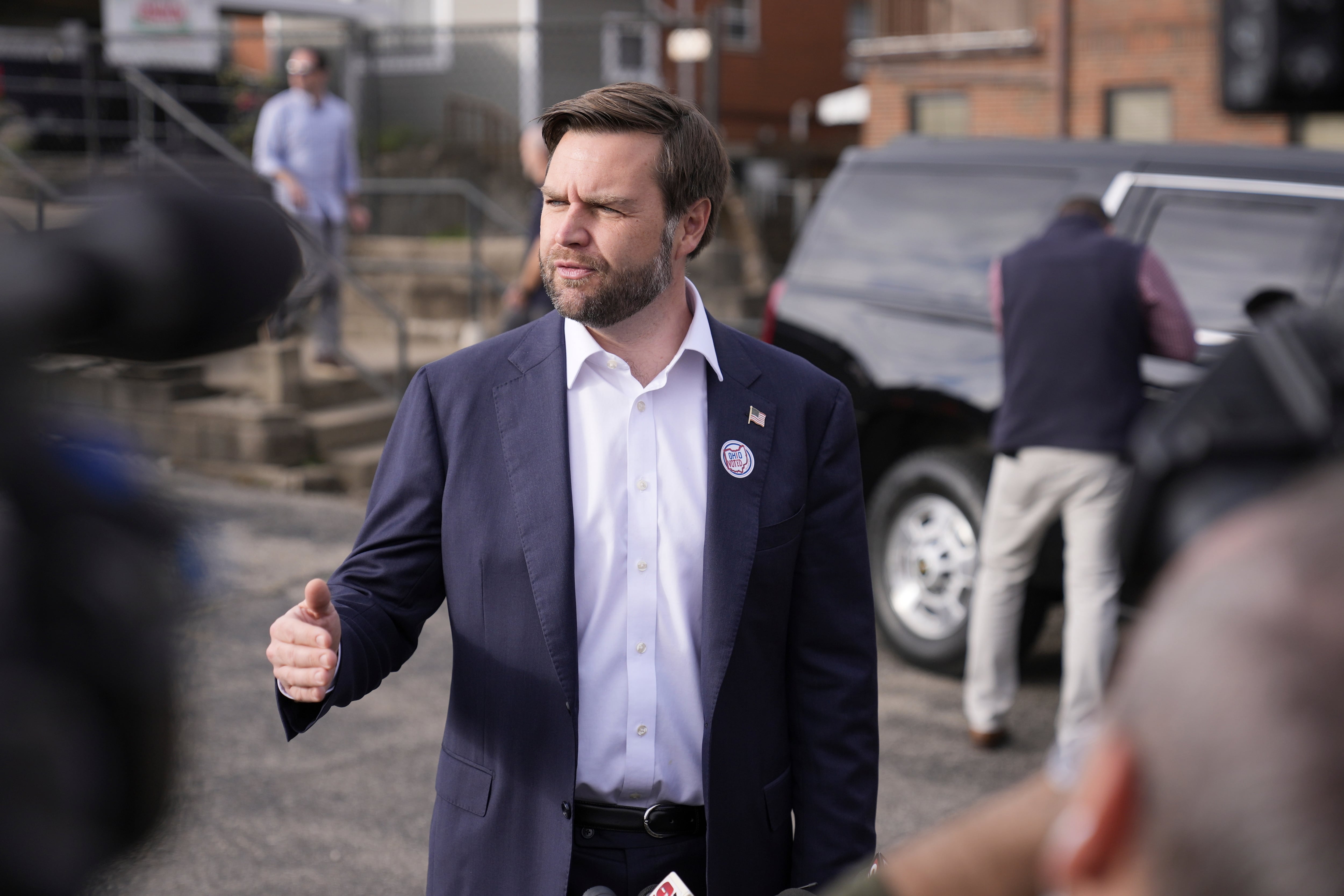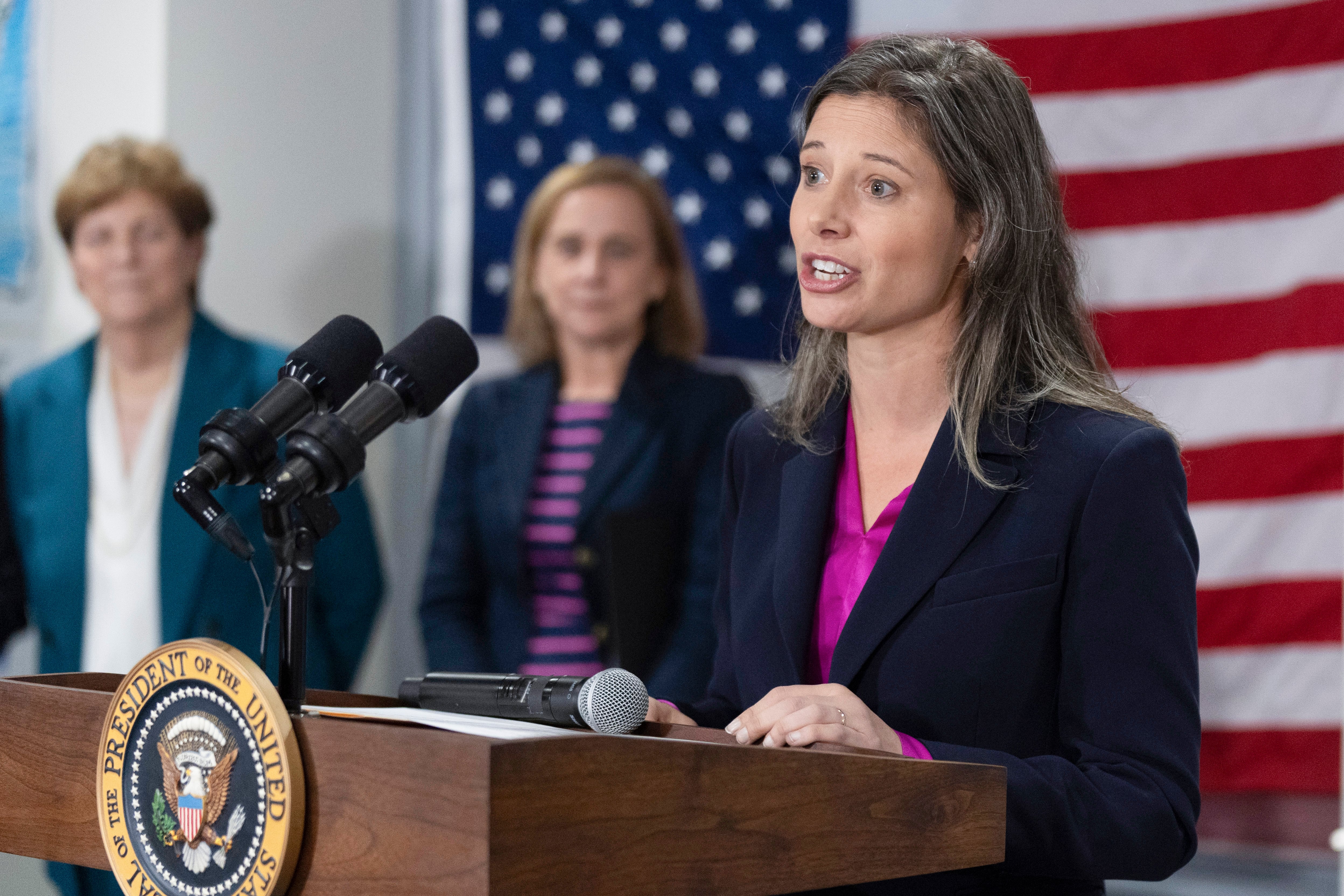Veterans Affairs officials will now offer hyperbaric oxygen therapy to some veterans as treatment for chronic post-traumatic stress disorder, despite past department findings that the non-traditional care offers no real therapeutic benefit for those problems.
The reversal comes as VA struggles to deal with mental health care and suicide among veterans, despite years of focus and funding on the issues. An estimated 20 veterans take their lives each day, according to VA statistics.
“There is nothing more important to us than caring for our nation’s veterans, and that care must include finding different approaches that work best for them,” VA Secretary David Shulkin said in a statement Wednesday.
“We have to explore every avenue, particularly for our most medically vulnerable veterans, and be open to new ideas and strategies for their optimal health and well being.”
Hyperbaric oxygen therapy involves exposing patients to pure oxygen inside a pressurized chamber. The idea is to allow quicker absorption of oxygen, which could assist in healing of brain and muscle injuries.
VA officials noted that the therapy is commonly used to treat carbon monoxide poisoning, wound issues, skin grafts, heat burns, crush injuries and other acute health care issues that involve too little blood flow to a part of the body.
The treatment has become popular with professional athletes for more routine care despite questions about its effectiveness for less severe or specific injuries.
In early 2015, VA and Department of Defense researchers found little evidence the treatment provides new benefits to veterans battling traumatic brain injury and PTSD. Lead study author Col. Scott Miller, an infectious disease specialist for the U.S. Army Medical Materiel Development Activity, at the time recommended against reimbursing troops or veterans for the therapy due to “lack of evidence” that it helped.
The group also cited multiple past studies from the private sector echoing similar results.
A 2016 National Institutes of Health study found “considerable evidence for some beneficial effects” of hyperbaric oxygen therapy for animal models, but “this does not seem to have translated well to human clinical trials.”
VA officials on Wednesday acknowledged that the new use of hyperbaric oxygen therapy is “off-label” and will be paired with new research efforts by the department and military into the treatments.
Veterans in the Eastern Oklahoma VA Health Care System and the VA Northern California Health Care System will have access to the treatments, in partnerships with defense facilities and private-sector care centers in those areas.
In recent months, veterans groups have pushed VA officials to consider expanding medical marijuana research for a host of pain management and mental health issues, arguing that it could provide similar medical breakthroughs. But department officials have been resistant to the idea so far, largely due to federal rules making cannabis illegal.
Leo covers Congress, Veterans Affairs and the White House for Military Times. He has covered Washington, D.C. since 2004, focusing on military personnel and veterans policies. His work has earned numerous honors, including a 2009 Polk award, a 2010 National Headliner Award, the IAVA Leadership in Journalism award and the VFW News Media award.

